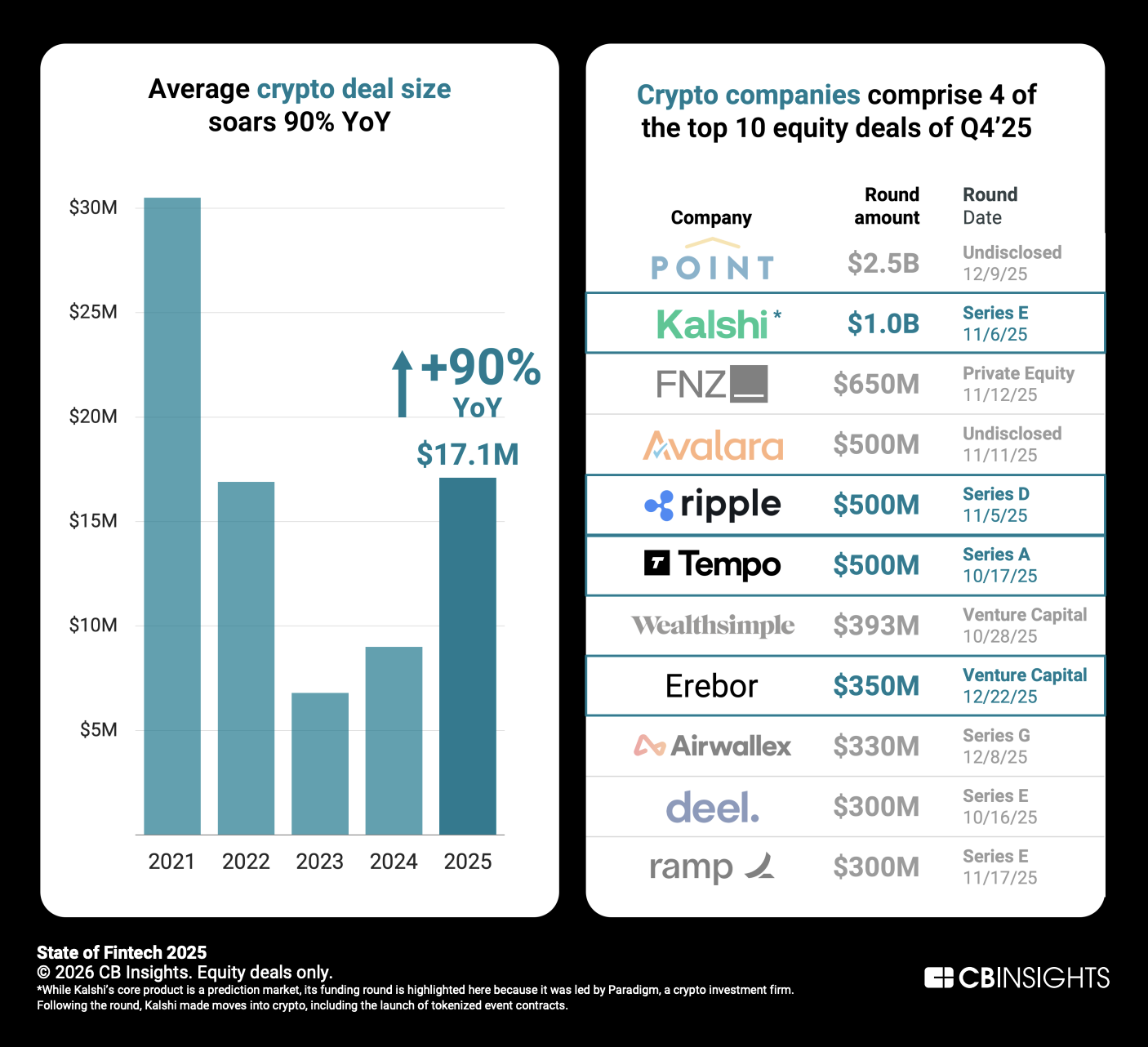In democracies, parties are supposed to rise and fall at the ballot box. However, in Germany a provision of the postwar constitution allows for political parties to be banned if they are deemed a “threat to democracy.” This unique constitutional mechanism has been used only twice, first against the Socialist Reich Party (SRP) in 1952 and later against the Communist Party of Germany (KPD) in 1956. Today, this legal tool is once again at the center of political debate, with growing calls to ban the “right-wing” Alternative for Germany (AfD).
This effort raises profound questions about the nature of democracy, in Germany and everywhere else. Can a party that wins millions of votes in free elections truly be a threat to democracy? Or is the German establishment using constitutional provisions to stifle political opposition under the guise of protecting democratic order?
Germany’s History of Party Bans
Germany’s constitution, called the Basic Law (Grundgesetz), adopted in 1949, includes Article 21, which allows the Federal Constitutional Court to ban parties that are deemed to “seek to undermine or abolish the free democratic basic order.”
The first case of Article 21’s use came in 1952 with the banning of the Socialist Reich Party (SRP), a successor to the Nazi Party. The SRP openly opposed the legitimacy of the Federal Republic and so the court ruled that the party posed a direct threat to the constitutional order and ordered its dissolution.
A few years later, in 1956, the Communist Party of Germany (KPD) faced the same fate. Although it did not advocate violent overthrow, it was seen as fundamentally opposed to the principles of liberal democracy and too closely aligned with Soviet communism. The court again ruled in favor of a ban, cementing the idea that political extremism of any kind had no place in postwar Germany.
Since then, there have been only two serious attempts to ban parties, both against the National Democratic Party (NPD), in 2003 and 2017. The first attempt failed due to procedural errors, and the second was dismissed on the grounds that the party was too small and insignificant to pose a real threat.
The AfD and the New Debate on Party Bans
Now, in 2024 calls to use this extraordinary legal measure against the Alternative for Germany (AfD) have gained momentum. The AfD, founded in 2013 as a Euroskeptic party, has since shifted to a more nationalist and populist platform. It has gained substantial electoral support, particularly in eastern Germany, and regularly polls above 20% nationwide. Its rise has deeply unsettled Germany’s political establishment, which views it as a threat not only to domestic politics but also to the European Union.
The push to ban the AfD has been some time in coming. In 2021, Germany’s domestic intelligence agency, the Federal Office for the Protection of the Constitution (BfV), classified the AfD as a “potential extremist threat” and placed it under surveillance. A recent ruling by a German high court in May 2024 upheld this classification, granting security services the continued right to monitor the party’s activities.
In January 2024, the Bundestag debated the possibility of formally requesting that the Constitutional Court rule on an AfD ban. This motion, initiated by CDU politician Marco Wanderwitz and backed by 124 MPs from various parties, sought to examine whether the AfD’s platform and rhetoric violate the Basic Law. The timing was striking, coming just a day after the CDU, under Friedrich Merz, had controversially cooperated with the AfD on an immigration vote. This moment revealed deep fractures within Germany’s political right, as well as the establishment’s increasing willingness to consider extreme measures against its nationalist challenger.
The AfD is not a fringe group; it has won millions of votes in free and fair elections. In a functioning democracy, unpopular or even radical parties are meant to be countered at the ballot box, not through judicial fiat.
Proponents of a ban argue that the AfD’s rhetoric and policies, particularly its hardline stance on immigration, opposition to EU integration, and alleged ties to extremist groups, make it an existential threat to Germany’s democratic order. Critics, however, point out that similar nationalist parties exist elsewhere in Europe, such as Marine Le Pen’s National Rally in France or Giorgia Meloni’s Brothers of Italy (currently in power in Rome), yet they operate within the democratic framework without being outlawed.
Furthermore, banning the AfD would not eliminate the sentiments that fueled its rise. If anything, it could further radicalize its supporters, reinforcing a narrative of elite suppression and deepening divisions within German society.
The EU and the Bigger Picture
The movement to ban the AfD cannot be separated from the broader European context. The party has positioned itself as a fierce critic of the European Union, advocating for Germany to reclaim national sovereignty and even leave the euro. This places it in direct opposition to the pro-EU consensus that dominates German elites in politics.
From Brussels’ perspective, the AfD’s rise represents a serious challenge. Germany is the economic and political backbone of the EU, and a nationalist turn in Berlin could threaten the bloc’s cohesion. The EU has already clashed with nationalist governments in Hungary and Poland; a strong AfD presence in Germany would take these tensions to a new level.
For this reason, many in the German establishment, as well as in European institutions, likely see banning the AfD as a preemptive strike against a growing anti-EU movement. Yet, resorting to legal mechanisms to suppress dissent only raises more concerns about the health of democracy in Europe.
We will all be watching the elections in Germany later this month with great interest to see whether the AfD continues its rise.
Full story here Are you the author? Previous post See more for Next postTags: Featured,newsletter





























